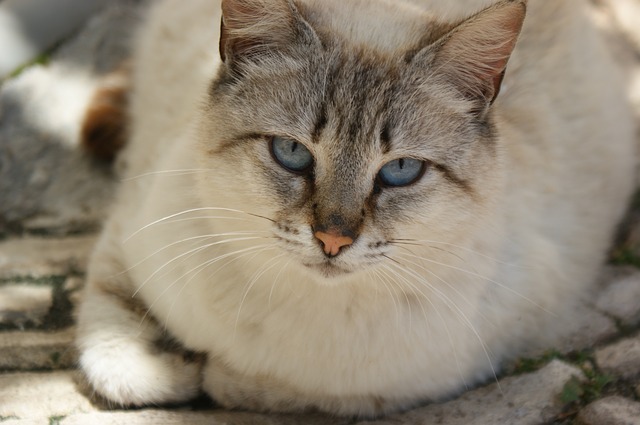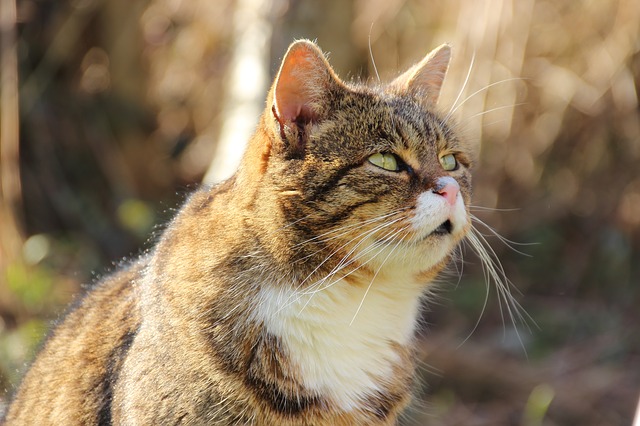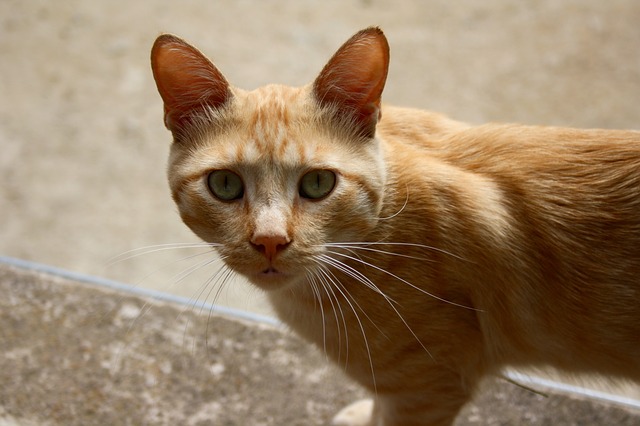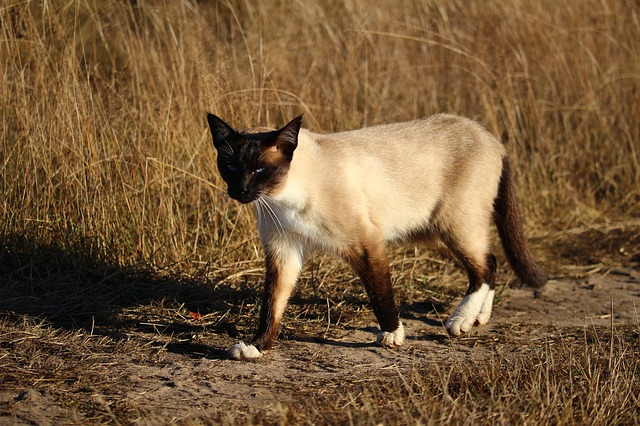Feline Panleukopenia (FP), otherwise known as the “cat plague,” is causing problems in Australia. This is 40 years after the virus was thought to have died off in the country, since a vaccine was developed in the 1970s.
The virus has re-emerged in the last couple of years and has the potential to spread quickly since cats may take up to 2 days to show any symptoms. This means that cats can spread the virus while still appearing perfectly healthy. The virus made its way through Melbourne shelters first, but now it’s spreading across Sydney.

Victoria’s Royal Society for the Prevention of Cruelty to Animals (RSPCA) posted a community alert last weekend warning cat owners to get their pets vaccinated as soon as possible to help prevent the spread of the potentially-deadly virus. According to the alert:
“The warning comes amid multiple confirmed cases of the Panleukopenia Virus in stray kittens from the greater metropolitan area of Melbourne.
Feline panleukopenia is highly contagious and difficult to control. The feces, urine, saliva or vomit of an infected cat – along with contaminated surfaces – are all sources of transmission. The virus causes a severe and often fatal gastroenteritis. The virus is not contagious to humans or any other animals, however, it can be spread to other cats through the clothing and shoes of handlers or owners of infected animals.”

Symptoms of FP include diarrhea, lethargy, fever, vomiting, and dehydration. The virus attacks the types of cells frequently found in bone marrow, intestines, and unborn kittens. If the bone marrow is affected, the cat can no longer produce white blood cells, which help to fight off infections. Secondary infections can be deadly.
There is no cure for FP. Treatment includes taking measures to support the cat’s immune system while they fight off the virus themselves. These treatments may include IV fluids, pain medication, nutritional supplements, and blood transfusions. Without treatment, the American Veterinary Medical Association (AVMA) estimates that up to 90% of cats infected with FP will die.

It’s thought that vaccination rates have dropped among the lower-income population, leading to a resurgence in FP when the unvaccinated pet cats encounter Australia’s large feral cat population (there are 6 times as many feral cats as pet cats in the country). It costs more than $200 to fully vaccinate a kitten against FP and yearly booster shots are recommended.
A spreading anti-vaccination movement in the pet community may also be part of the problem. Once less than 70% of a cat population in unvaccinated, the entire population loses “herd immunity,” which helps to protect individuals who aren’t or can’t be vaccinated, such as very young kittens or cats with immune system problems. There is no strong scientific evidence showing that vaccines lead to severe side effects or diseases.

Liz Walker, the CEO of Victoria’s Royal Society for the Prevention of Cruelty to Animals (RSPCA) says:
“The importance of keeping your pet’s vaccinations up to date cannot be overstated.”
(H/T: Smithsonian)
